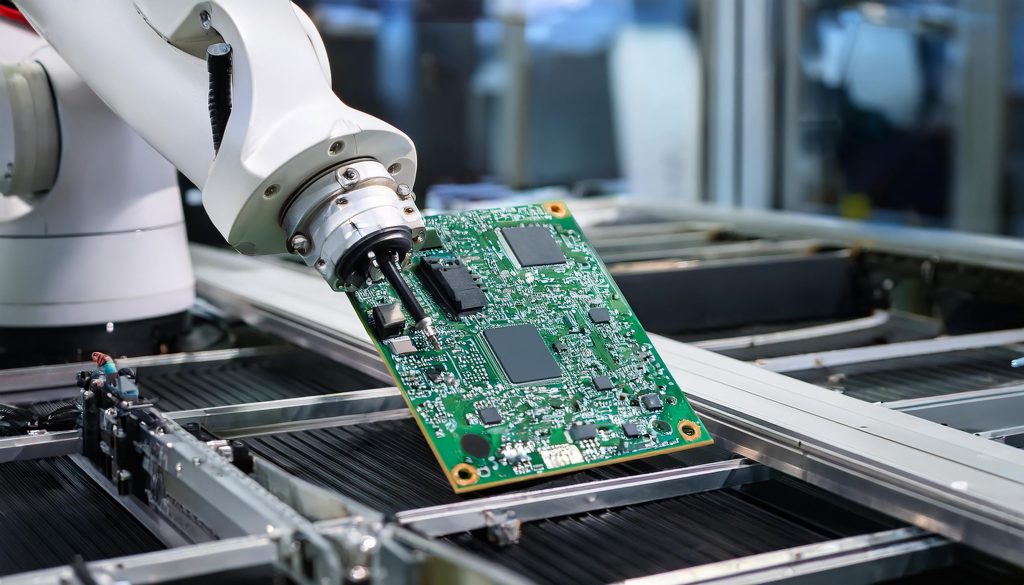Ease in SEZ Rules to Strengthen to Boost Chip and Electronics Manufacturing in India

In a major policy move aimed at strengthening India’s electronics and semiconductor manufacturing ecosystem, the government has eased the Special Economic Zone (SEZ) rules to make it easier for companies to set up factories. The Special Economic Zones (Amendment) Rules, 2025, notified on June 3, significantly reduce the minimum land required to establish manufacturing units for semiconductors and electronic components.
As per the new rules, companies as well as startups can set up chip or component manufacturing units on only 10 hectares of land. Earlier, the land required to set up such units was 50 hectares. In multi-product SEZs, the land requirement has been reduced to 4 hectares from 20. This change applies to several regions including Goa, Uttarakhand, Himachal Pradesh, northeastern states, Union Territories like Puducherry, and island territories.
Additionally, the updated rules broaden the definition of electronic components to include items such as smartwatches, earbuds, display modules, lithium-ion cells, camera assemblies, battery modules, printed circuit boards (PCBs), and IT hardware parts. This move is expected to open up more opportunities for domestic manufacturing across a wide range of electronic devices.
Apart from this, the government has also provided more flexibility for inventory and logistics management as the manufacturers can now export the products directly. They can also the products in domestic market by paying applicable taxes and even move them to free trade and warehousing zones or bonded warehouses. Companies that offer manufacturing services will now be allowed to source raw materials and components from the domestic market, enhancing operational ease.
The new rules also relax the land acquisition norms as now SEZ land which are already mortgaged or leased to the government bodies can also be used while earlier the land had to be completely free of legal claims.
This policy update aligns with the goals of the India Semiconductor Mission (ISM), which aims to build a complete chip manufacturing ecosystem. India’s semiconductor market, valued at $45 billion in 2023, is projected to exceed $100 billion by 2030. With over 70 startups and 270 institutions already engaged in chip innovation, the relaxed SEZ norms are expected to accelerate India’s journey to becoming a global electronics powerhouse.
Source: Moneycontrol




